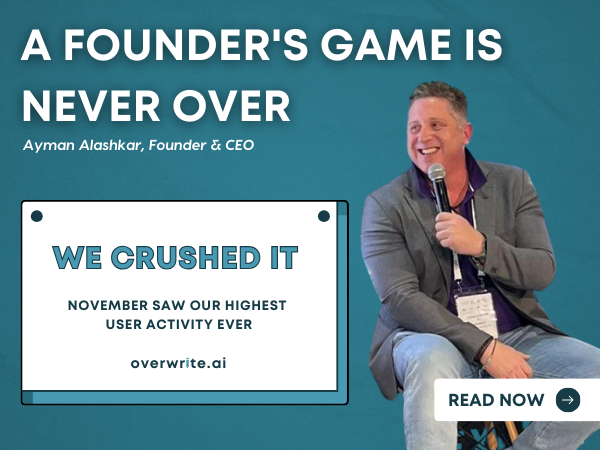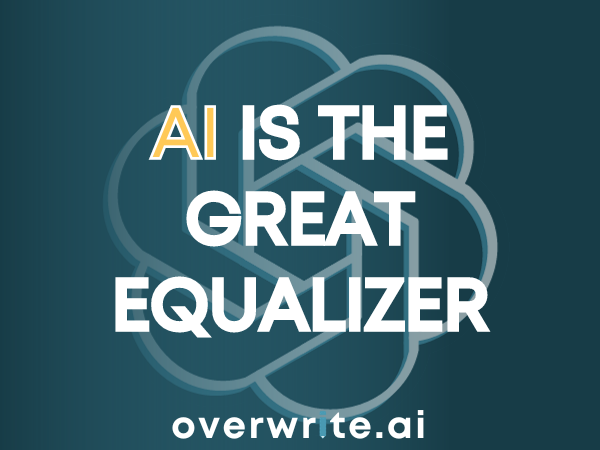Join Jodie Cordell, one of the leading estate agents in the USA on a journey through the essentials of lead conversion.
Sharing her effective strategy that, as a solo agent led to closing an average of one deal per month. Stay tuned for valuable tips to scale your business.
Stages of Lead Conversion: Understanding the Buyer’s Journey
It’s important to understand the way your buyers and sellers think when they’re making any kind of purchasing decision. When you understand the psychology and the process that every person’s brain travels, it helps you understand your role in that decision-making process.
- Awareness: In this first awareness stage, your lead learns about you and the services you provide, but may not be in the market for your services at this time.
- Consideration: If you continue building a relationship with that lead, they will eventually enter into the consideration phase, where they will weigh whether or not they need your services.
- Decision: Once your lead has considered all their options, they will enter the decision phase, where they will determine whether your services are right for them.
- Loyalty: Finally, there’s the phase where many agents fall off—to their detriment. The loyalty phase is where satisfied past clients share you with all of their sphere. They become your evangelists, telling everyone they know how amazing you are. These people end up being a huge source of referrals that can sustain your business for years. You can’t neglect this phase if you want your business to boom.
Every single person who ever makes any kind of purchase goes through the buyer’s journey. From choosing that tube of lipstick to investing in real estate, the length of time may be different, but the mind mapping is the same.
Conversion Strategies for Common Lead Types
You will need to tailor your approach to each lead type to get the most bang for your buck.
Tips to Convert Internet Leads
- Maintain a consistent presence on your social media, blog, YouTube, etc.
- Encourage engagement with polls, quizzes, and questions for your audience to answer.
- Make sure you understand that the goal is to build your relationship, not just talk about real estate. Make them like you by sharing your everyday life.
- Anticipate and answer their questions.
- Always include a call to action (CTA) in your online content.
Tips to Convert Paid Leads
- Make sure your system immediately sets the lead up on an appropriate lead nurturing campaign.
- Use chatbots to ask and answer questions on your behalf and prequalify the leads when you can’t answer your phone.
- Try to reach out via phone, text, and email. Your lead will most likely respond to text messages and engage with a chatbot.
- Don’t stop reaching out to the lead. It will likely take multiple attempts before they will make a buying decision. If you stop too soon, you will lose the lead to another agent.
This column does not necessarily reflect the opinion of overwrite.ai and its owners.
This story has been published from an article in The Close published on November 2023.
For informative news and views on the world of real estate, proptech and AI, follow overwrite on Instagram and LinkedIn, and keep up-to-date with our weekly NewsBites blog
overwrite | real estate content creation, reimagined



